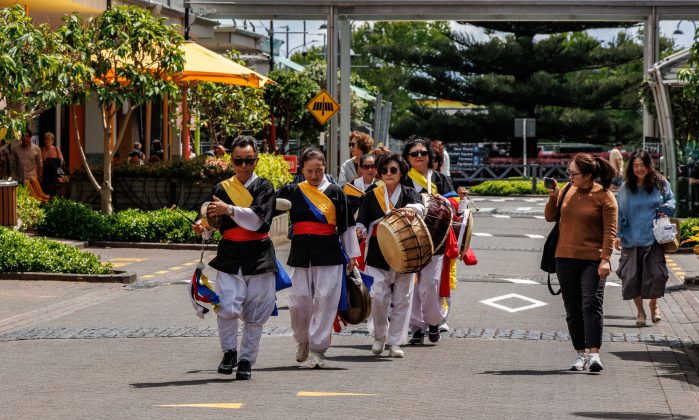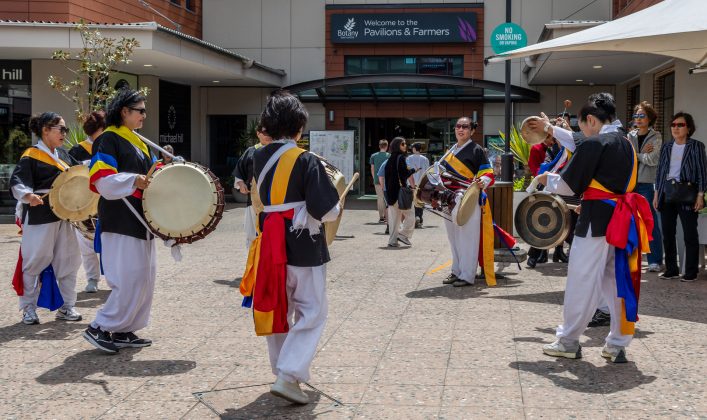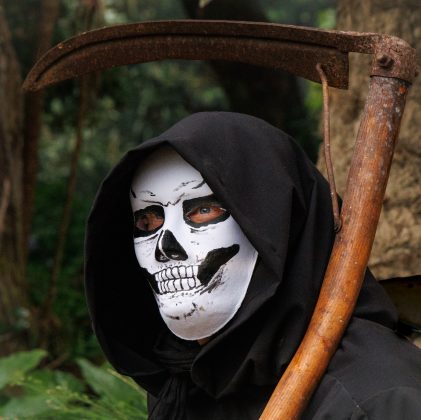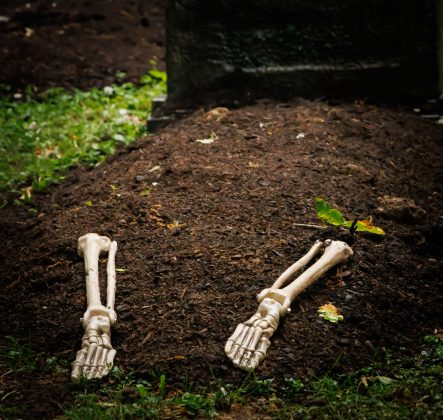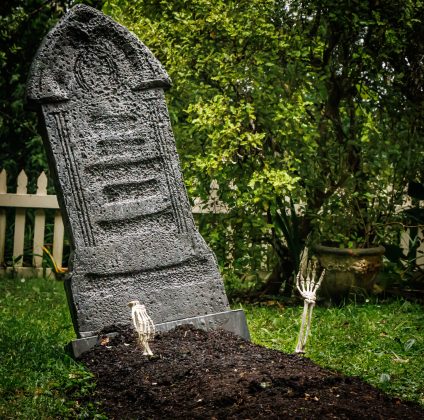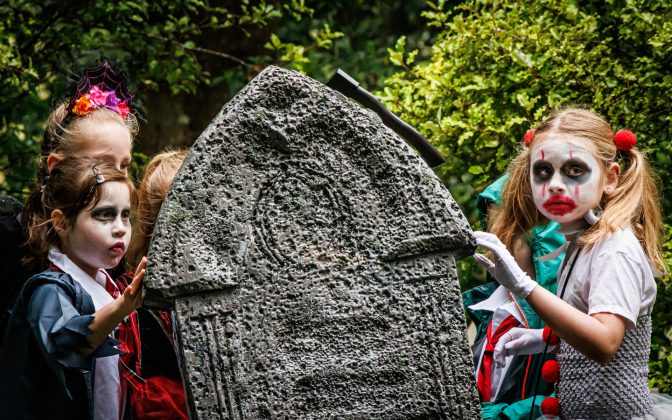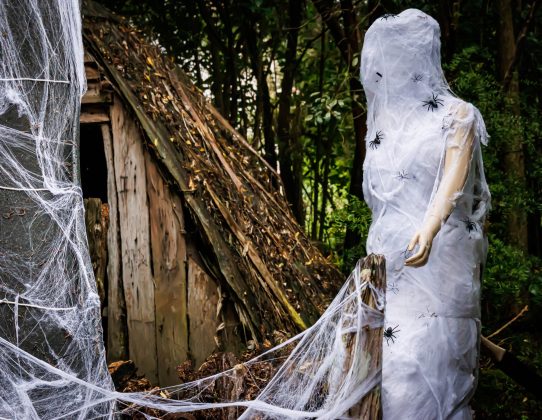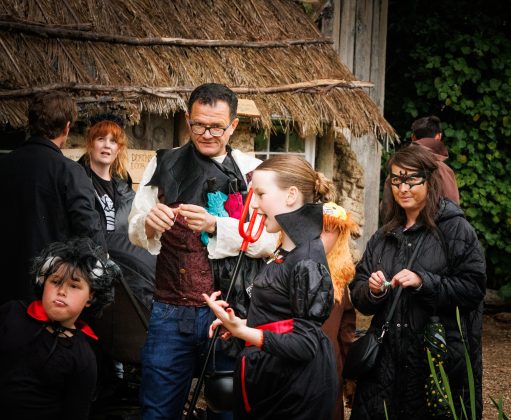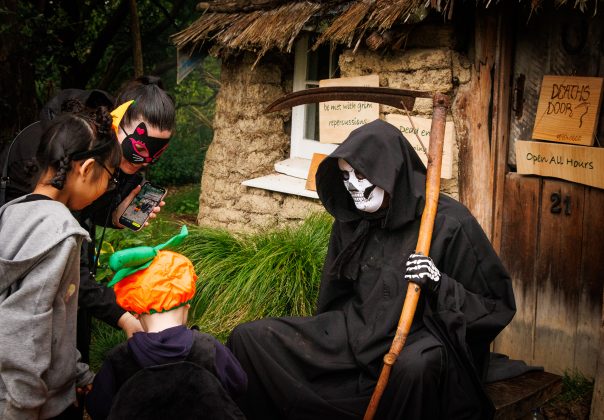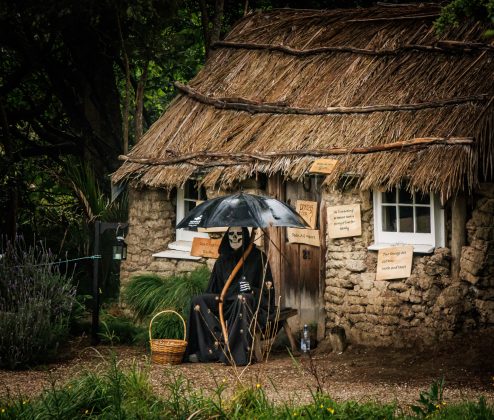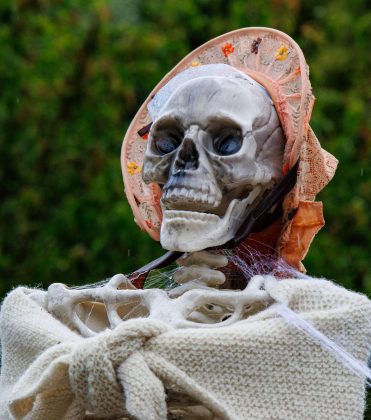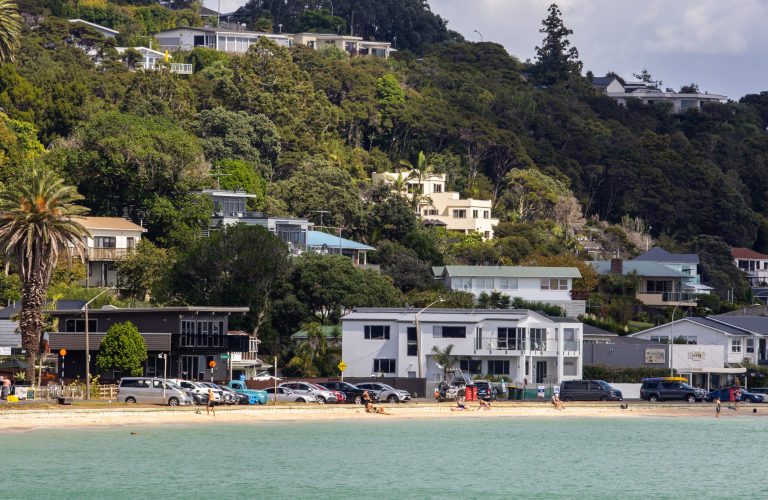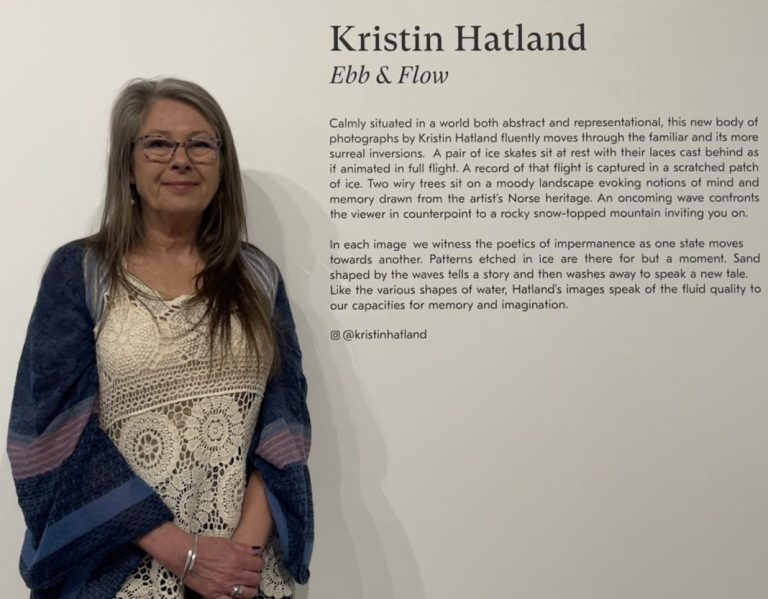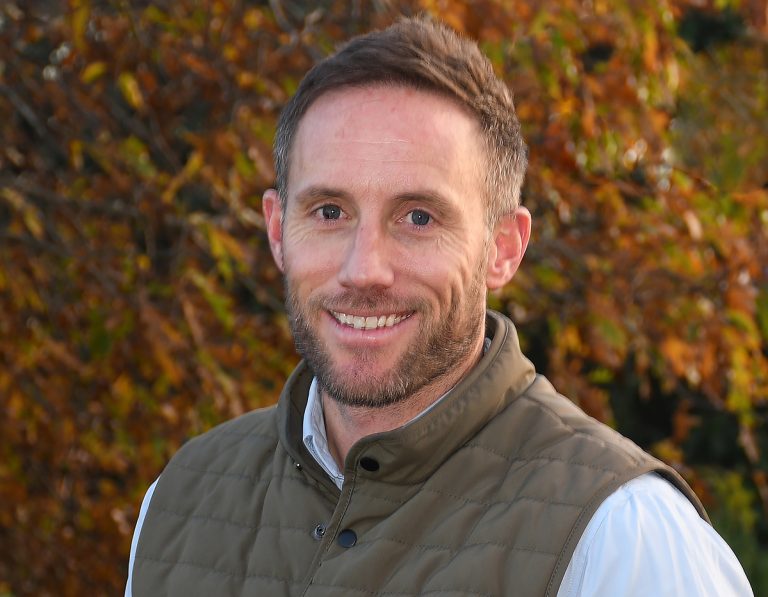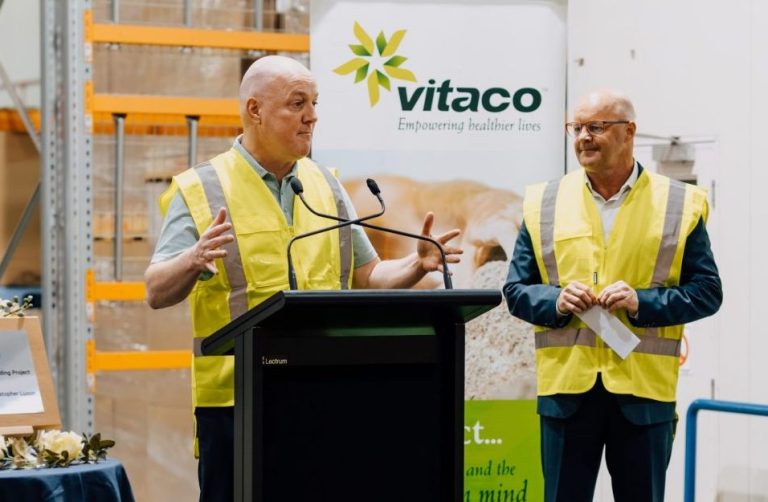Brave teenager thrilled with donation

An east Auckland teenager with a rare genetic condition is grateful for having received equipment that will make it easier for him to pursue his passion for gaming.
Madden Palmer, who lives in Pakuranga Heights, has Charcot-Marie-Tooth disease (CMT), which damages the nerves in a person’s arms and legs.
The 14-year-old struggles to keep up with his peers in the outside world as it’s difficult for him to socialise and have fun.
Madden’s dad Ardie explains how the condition caused a massive lifestyle shift for the family in more ways than one when he was diagnosed at age 12.
“We were living and settled in Australia at the time but had to move back to New Zealand for quicker access to treatment.
“Madden ended up with splints on his feet and legs with regular physio treatment and exercises to strengthen his muscles and improve mobility.”
Madden also has an issue with his feet, where one turns in and the other turns out.
In combination with CMT, it causes him to be unsteady and tire out a lot faster than other teenagers.
“Eventually, he’ll end up in a wheelchair full-time and until then my goal is to help him enjoy his life as much as possible,” Ardie says.
Madden is currently semi-mobile and can walk short distances, however even doing that is challenging.
“If you just looked at him, you wouldn’t know anything is wrong,” Ardie says.
“But he can’t walk for more than 10 minutes without needing a rest.
“The fact his disability is hidden makes it really difficult for him, as people make assumptions when he can’t do the same things as his peers.
“Being different at that age feels like the worst thing in the world.”
Despite his challenges, the online world offers Madden a level playing field.
To ensure he’s got the gear he needs to succeed, Hell Pizza’s Satan’s Little Helper programme has stepped up by donating him a brand-new gaming chair.
He previously used a chair that wasn’t fit for purpose as it would leave him feeling sore, stiff and less mobile.
“When he’s not at school, he’s in his room,” Ardie says.
“He spends a lot of time in the chair and he’s enjoying a lot of socialising via gaming.
“He was unbelievably stoked when he got the chair. He couldn’t believe someone would do something like that for him.
“It’s been a huge help. It’s a lot more comfortable and, when he finishes gaming, he’s a lot more mobile because his body is less stiff and sore.
“It’s so good to see him smiling and happy.”
Woman’s death following water incident referred to coroner
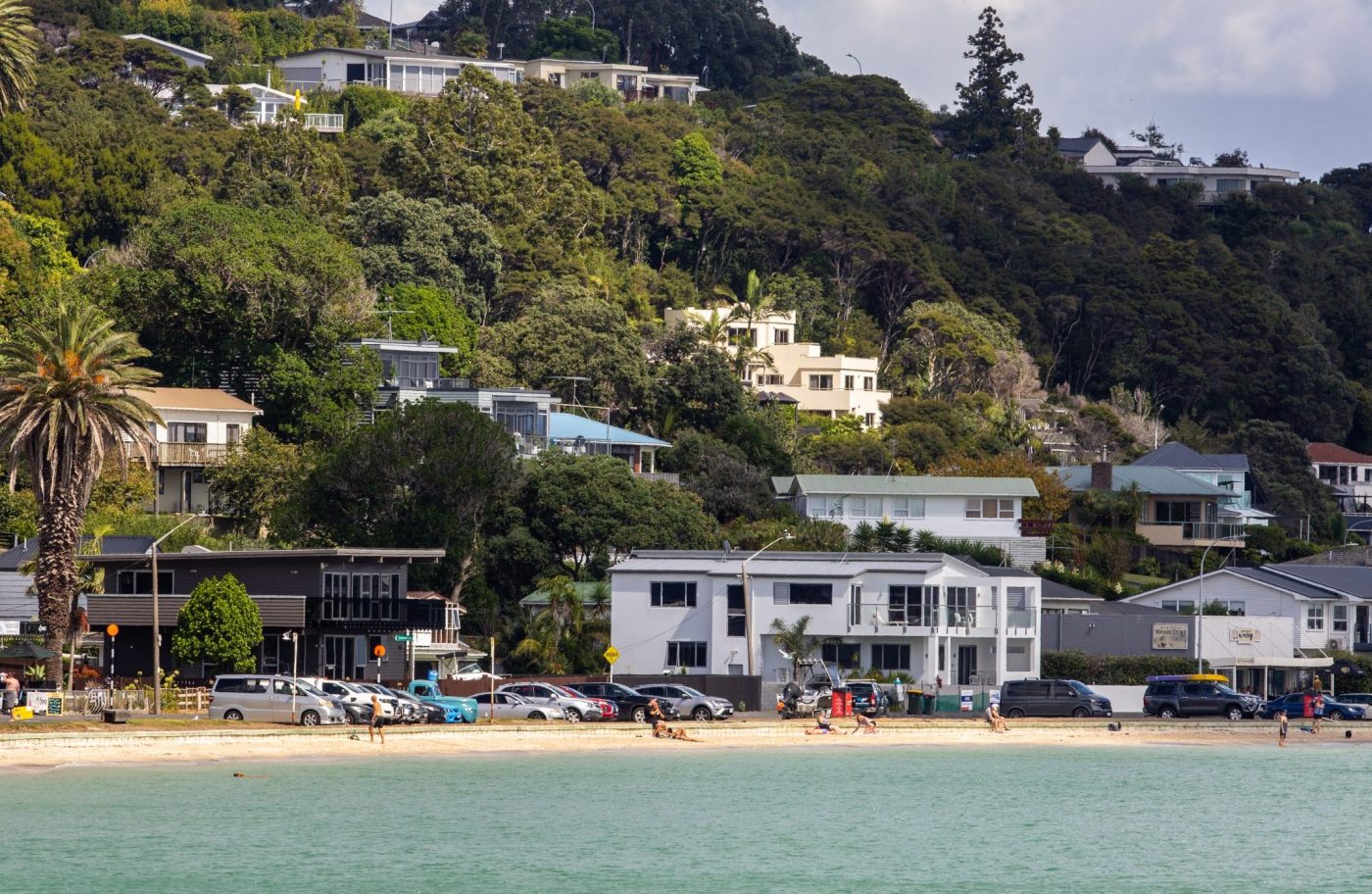
The death of a woman at an east Auckland beach has been referred to the coroner.
As the Times recently reported, a woman aged in her 40s died at Maraetai Beach following a “water-related incident” on October 28.
Emergency services were notified at about 3.30pm. Attempts to resuscitate the woman were unsuccessful and she died at the scene on Maraetai Drive.
Involved in the incident were police as well as St John Ambulance paramedics, Fire and Emergency NZ and the Westpac rescue helicopter.
St John responded with one ambulance, one rapid response unit, the helicopter and a first-response unit.
Following the tragedy a person who says they were present at the time posted a description on social media of what happened.
The person says they did everything they could to pull her out of the sea and the currents “were coming so strong”.
“Such a tragic loss. Condolences to her husband and babies who witnessed this tragedy.
“May you rest in Love and Peace prayers are with the family.”
The Kaniva Tonga news website has reported the woman who drowned is Tongan and lived in Auckland. It’s understood she was married and had four children.
Police increase transport hub patrols

Police say officers have undertaken hundreds of reassurance visits at transport hubs across the Auckland region in the past week.
Officers from across Auckland have increased patrols in and around major public transport locations following the fatal Onehunga bus attack on October 23.
Auckland City Police acting district commander Sunny Patel says officers have made close to 400 patrols at transport hubs.
“It’s important the public knows that police are continuing to take action,” he says.
“We know the community is understandably shaken following this horrific incident and we are committed to ensuring people feel safe in our city.
“People should be free to use public transport without fear.
“The focus for police and partner agencies is on ensuring these hubs are places where the public and commuters can be safe and feel safe.”
Acting superintendent Patel says police continue to encourage the public to report incidents that may be unfolding so appropriate action can be taken.
“If an incident is happening now, I urge people to report it to 111 as soon as they can.”
Information can also be provided to police by making an online report at 105.police.govt.nz using Update Report or by calling 105.
Councillors worried about less road safety funds

- By Laura Kvigstad, Auckland Council reporter funded by New Zealand on Air
Auckland councillors have raised concerns that the road safety funding shortfall could result in more Aucklanders being impacted by deaths and serious injuries.
At a recent council Governing Body meeting, councillors agreed to continue the local share of transport funding despite the government’s funding shortfall.
The National Land Transport Fund (NLTF) for the 2024-2027 period is $564 million less than the council expected as a part of its long-term plan (LTP).
Transport strategy manager Robert Simpson said the council’s Regional Land Transport Plan (RLTP) for the next three years budgeted $146m for safety capital expenditure.
“Approximately $6m or $7m was made available through the NLTF,” Simpson said.
Operating expenditure for safety was also hit by cuts and Simpson said the council had budgeted $27m through the LTP but only $12m had been approved.
Councillor Angela Dalton asked if any analysis had been done on how the reduced funding would impact Auckland Transport’s Death and Serious Injuries (DSI) target.
AT’s head of road safety engineering Michael Brown said the road safety programme would be 40 per cent less effective.
“With the reduction in funding, there’s also a reduction in the effectiveness but it’s actually not as severe as we initially thought,” Brown said.
Councillor Julie Fairey asked if there was analysis that suggested how many people would be impacted by DSI under the funding reduction.
“You have mentioned 40 per cent but I wondered if you wanted to put that in numbers of people,” Fairey asked.
Brown said it was projected that over the next 10 years 30 people would be impacted by a DSI, because of the funding shortfall.
“As it stands now – we had eight DSI saved under the LTP and that would be five DSI per annum saved under the new proposal,” Brown said.
Councillor Richard Hills called the funding from the Government outrageous.
“We expected over $70m and got $6m, when on paper it could cost us up to $12m to reverse our speeds,” said Hills.
“Not only did we get only $6m for safety projects across the city we might have to spend double that making the city less safe,” Hills said.
He said the original funding arrangement incorporated high-risk intersection improvement and high-risk corridor improvements.
“They are not sexy. They are not pedestrian crossings. They are things to help save people.”
New exhibition explores human connection

- By Hope Milo, UoA Communications Student
Exploring themes of water and imagination through abstract art, a new collection of works speaks to the human connection.
A year in the making, Kristin Hatland’s latest exhibition, Ebb & Flow, opened in Uxbridge Art and Culture’s Malcolm Smith Gallery on October 11.
The Clevedon-based artist reflects on how her journey and the people she’s encountered have shaped her work.
“I was born and raised in Norway and have since migrated to New Zealand via bonny Scotland and England,” Hatland says, recalling the path that eventually led her to Howick.
After working numerous full-time jobs across a range of sectors, a significant loss shifted her focus toward her true passion.
“The loss of my father made me reconsider what the content of my life should include, which turned out to be more art.”
The inspiration for Ebb & Flow came from discussions with curator and Uxbridge director Paul Brobbel.
“We sat down talking about art in general and then more specifically about photographic art and books of inspiration.”
This had Hatland exploring the significance of water, drawing on readings such as Pliny the Elder’s Natural History: A Selection.
“We as humans are bags of water,” she says, noting the interconnectedness of all living things with water in its various forms.
Her artistic approach also draws from historical influences.
“I investigated a few options before settling on making work with the historic background championed by Anna Atkins and her Cyanotypes.”
The new exhibition’s abstract nature is meant to engage the audience’s imagination.
“Ebb & Flow considers a number of themes wrapped up into an overarching theme,” Hatland says, adding the artworks are largely influenced by philosophical ideas on imagination.
Hatland expresses gratitude for the support she’s received, especially from Brobbel.
“I feel very grateful that my work has been considered worthy of a public display,” she says.
Hatland also acknowledges John Kiely, a British photographer, for his “incredibly generous” support, and her partner, Dr Grant, for being a “healthy soundboard” during the creative process.
For Hatland, the goal of the exhibition is to inspire viewers.
“That their own individual imagination has been stimulated in a positive way,” she says, urging people to see creativity not only as a tool for enriching life, but as a crucial step to experiencing life itself.
Ebb & Flow is open for public viewing at the Uxbridge’s Malcolm Smith Gallery in Howick until November 16.
More of Hatland’s work can be purchased at the Art Industry in Clevedon, or online from Saatchi Art.
Perimenopause – more than hot flashes
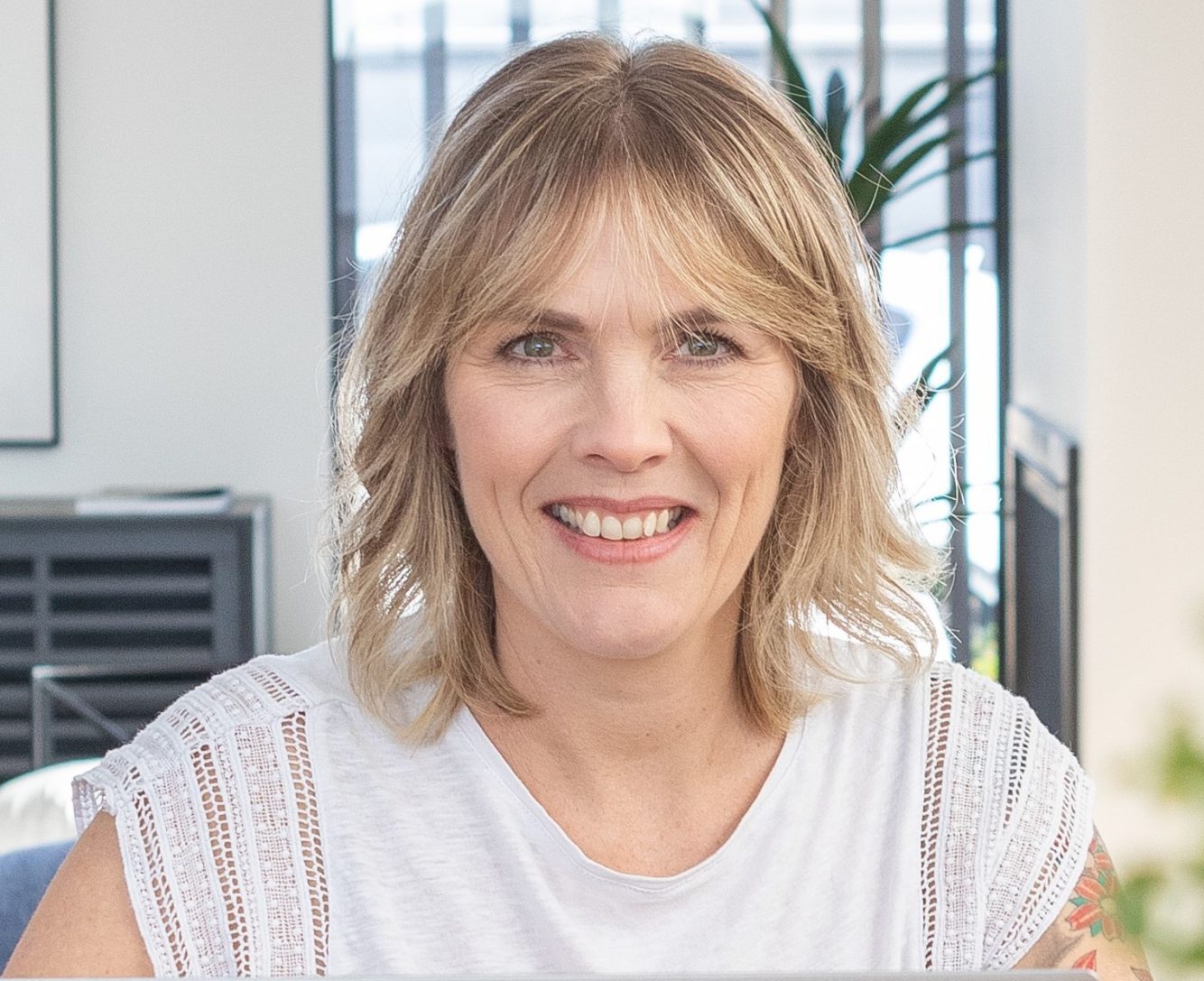
MICHELLE KEENAN empowers people and organisations to achieve
optimal wellbeing by providing customised wellness coaching programmes tailored to their unique needs and goals.
This week’s column is not just for the women.
If you’re a guy, you might be tempted to stop reading, but please don’t, because this affects you too!
Every woman who makes it to middle age (and some much earlier) will go through this, and a little knowledge and understanding can go a long way when it comes to supporting your partners, sisters, friends, colleagues, and daughters through what can be an incredibly challenging time.
In New Zealand, most women will start perimenopause between the ages of 42 and 56, although it can start even earlier, and it will generally last between three and 10 years.
During perimenopause, oestrogen, progesterone, and testosterone (yes, women have testosterone too!) decline, which can cause a host of symptoms that can negatively impact quality of life.
Symptoms like fatigue, brain fog, and mood swings can have a detrimental effect on all aspects of life, including career and relationships, and sadly suicide rates increase among women of perimenopausal age.
Most of us know about the hot flashes, weight gain, and changes to our menstrual cycle, but here are 10 lesser-known signs of perimenopause to look out for:
- Anxiety and depression
- Joint pain
- Post-nasal drip
- Tinnitus
- Body odour
- Vertigo
- Increased or new allergies
- Thinning hair
- Bowel issues
- Skin sensitivity and itching
If you suspect you might be perimenopausal, you can support your own well-being by eating well and exercising regularly.
Make sure you include cardio that gets you out of breath, as well as resistance training, which is important for maintaining muscle mass, and getting enough sleep, especially if the hot flashes are waking you a lot during the night.
It’s also a great idea to see your doctor to confirm a diagnosis, and to discuss ways to manage your symptoms, including whether hormone replacement therapy is a good option for you.
www.michellekeenan.com
Stats on suspected suicides make for grim reading

Tragically, the previous Labour Government’s investment of $1.9 billion into mental health in 2019 appears to have had little positive impact with the chief coroner revealing New Zealand’s suicide rate is unchanged.
The recently released latest provisional statistics show in the financial year to June 30, 617 people in this country died by suspected suicide, with a rate of 11.2 people per 100,000.
“I acknowledge, and offer my sincere condolences to, the families and friends of all those who have died as a result of suspected suicide in the past year”, Chief Coroner, Judge Anna Tutton, says.
Overall, there’s no change in the rate of suicide, the Office of the Chief Coroner says.
Fluctuations in rates from year to year are common in suicide data, and it’s more helpful to consider a trend over a five-to 10-year period.
The rate of suspected self-inflicted deaths in the 2023/24 financial year was 3.6 per cent lower than the average rate of suspected self-inflicted deaths over the last 15 financial years.
Geoff Short, the Ministry of Health’s acting deputy director-general for clinical community and mental health says: “The annual release of these data helps to inform a better understanding of where to direct suicide prevention efforts and reduce the burden of suicide.”
The data illustrates the inequity that persists, with Māori being disproportionately impacted.
The provisional rate of suspected suicide for Māori is 16.3 per 100,000 people for the 2023/24 financial year.
In the 2023/24 financial year, the rate for Māori in the 25-44 years age group was 2.6 times that for non-Māori in the same age group.
For Asian people the rate for the 2023/24 year is 4.8 per 100,000 people and is also unchanged.
The rate per 100,000 people for Pacific populations is 7.7 per 100,000 people.
Short acknowledges those who have died or been affected by suicide.
“We are committed to improving suicide prevention efforts, which involves a whole-of-Government approach and in particular addressing the structural determinants of health.”
- Where to get help:
Aoake Te Rā – Free bereaved by Suicide Service https://www.aoaketera.org.nz/
Need to talk? Free call or text 1737 any time for support from a trained counsellor
Suicide Prevention Helpline 0508 828 865 (0508 TAUTOK0)
Lifeline 0800 543 354 or 09 522 2999 or free text 4357 (HELP)
Youthline 0800 376 633 or free text 234
Mental Health Foundation of New Zealand – Free suicide prevention and suicide loss resources https://mentalhealth.org.nz/download
Vietnamese cannabis growers arrested and deported

Police say officers from the Counties Manukau, Auckland City and Waitemata districts executed more than 30 search warrants at addresses in those areas over the past fortnight targeting an organised crime group using residential properties to set-up sophisticated indoor cannabis growing systems.
The termination has resulted in a “significant seizure of illegal drugs and the arrest of 11 people”, police say.
Some 3385 cannabis plants at various growth-stages were seized and destroyed, along with 48 kilograms of dried cannabis.
The estimated total value of the seizures, based on estimated yield of the plants, is $18 million, police say.
The 11 arrested were in New Zealand illegally and as a result Immigration New Zealand has deported 11 Vietnamese nationals.
They have left New Zealand and are back in Vietnam, police say.
Enquiries are ongoing utilising intelligence gathered during the operation and police say they cannot rule out the possibility of further arrests.
Acting detective inspector Greg Brand of Auckland City Police says the arrests are a result of an investigation that has spanned Tamaki Makaurau targeting a sophisticated and profit-driven criminal syndicate.
“This group were cultivating and dealing in large amounts of cannabis and their actions mirror similar operations recently uncovered in Australia where criminal groups, primarily of Vietnamese descent, were running a large number of indoor cannabis-growing operations,” says Brand.
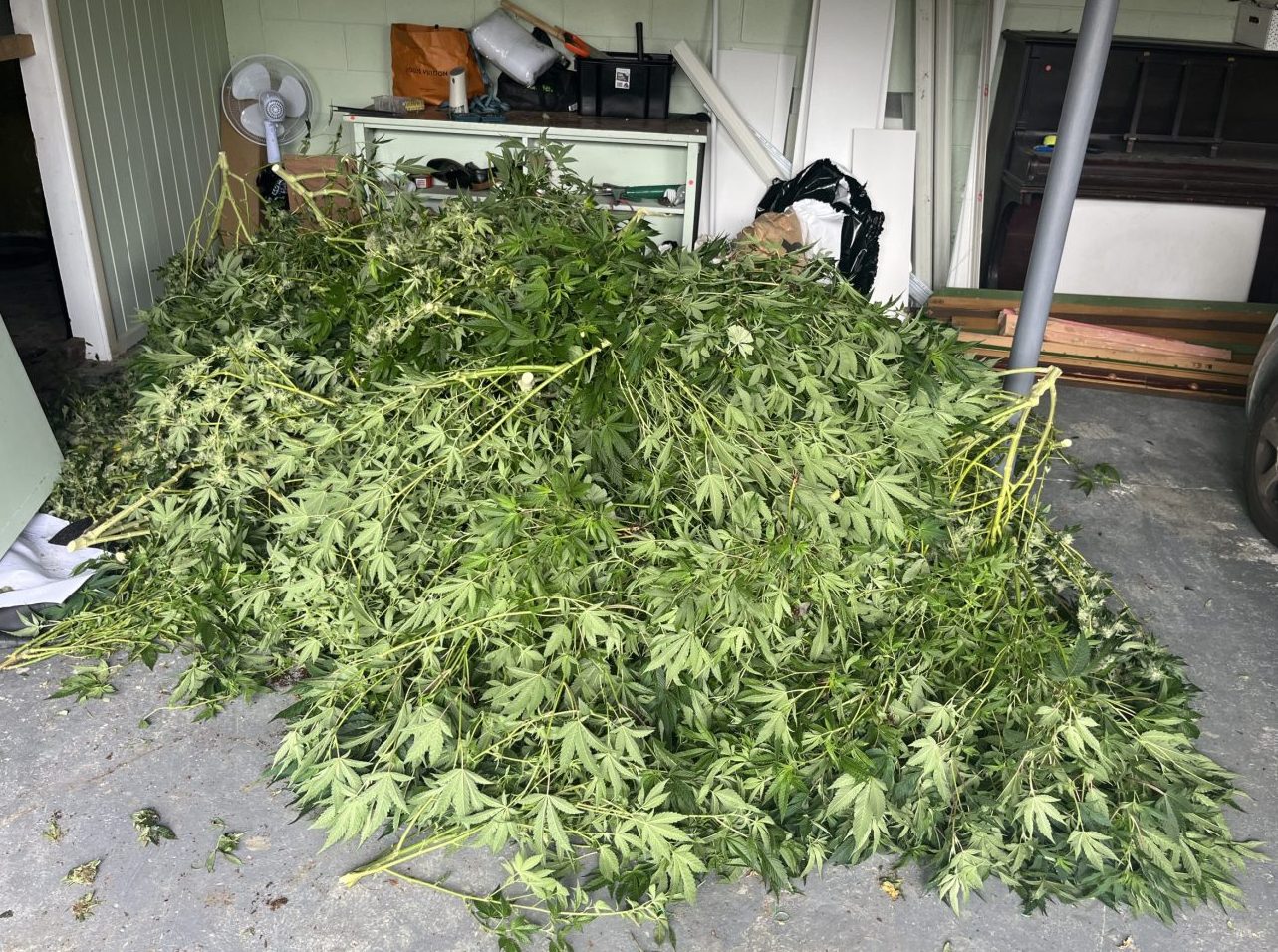
“Make no mistake, these syndicates are well connected to gangs and this cannabis is a large source of income for their illegal operations.
“Often the properties used by these groups will appear innocuous and will not really attract neighbours’ attention.
“However, the operations that are set-up within are capable of producing large quantities of cannabis to sell,” Brand says.
“These individuals are significantly modifying rental properties to cultivate cannabis with extremely dangerous electrical installations.
“Not only is this extremely dangerous and creates a significant fire risk, and we’d estimate millions of dollars’ worth of electricity is being stolen every year to run these operations.”
Police says they’re working alongside Immigration New Zealand in relation to the foreign nationals involved in this investigation, as “we want to ensure migrant communities are kept safe from those who would exploit the conditions of their work visas”.
Meanwhile, police are reminding landlords to be vigilant when renting out their properties.
They say landlords should ensure there are regular property inspections.
“Carry out thorough vetting: get two forms of photo identification and sight the original document, comparing the photo with the applicant.
“It’s important for the community to remain vigilant as well.
“If you see suspicious activity, such as deliveries of easy grow and fertiliser bags being dropped off, or signs that an electricity meter has been tampered with, please contact police.”
Police say information reports about suspicious activity can be made by calling 105, online at www.police.govt.nz/use-105, or by contacting Crime Stoppers anonymously on free phone 0800 555 111.
If members of migrant communities are concerned about possible cases of exploitation, they can contact MBIE on free phone 0800 209 020, police say.
Insurance – a safety net for peace of mind

Risk Insurance Advisor Steve O’Connor helps people ensure they have the right insurance cover when they need it most.
These are real stories [names have been changed].
John, a 36-year-old builder, injured his back at work six months ago.
After being placed on ACC, he was offered a raft of options to try first.
But John had medical and mortgage protection insurance.
Instead of following the extended route, he saw a specialist, got an MRI, and had surgery within five weeks.
During his recovery time, he received an additional $4000 per month on top of ACC payments, and within four months, he was back to work, on light duties.
John’s friend Andrew wasn’t as prepared.
After suffering a similar injury, Andrew has been in and out of ACC, exhausted his sick and annual leave, and has had many unpaid days due to the injury.
He’s still waiting for an MRI in the coming months.
Meanwhile, his wife has taken on two jobs to cover their mortgage, and they had to sell one of their cars.
Andrew now regrets not having insurance.
Eight months ago Trish was diagnosed with aggressive breast cancer and needed a mastectomy.
She had to take six months off work, and her husband took time off as well to care for their children, one of whom is still in preschool.
Fortunately, Trish had trauma insurance, which paid out $80,000.
Without it, they would have faced selling their home during this already challenging time.
We all know people like John, Andrew, and Trish.
Are you insured?
- Steve O’Connor
- Insurance Advisor
- 021 862 330
Howickian has part in Hungarian music concert

- By Vivek Panchal, AUT Journalism Student
Have you ever heard about the cimbalom instrument?
For music enthusiasts, the Embassy of Hungary and Auckland Hungarian Club are organising Hungarian Rhapsodies, a one-off concert featuring their national instrument.
Hungarian musician Jenő Lisztes returns to the Auckland Town Hall for a solo performance on November 5, after he played there in 2022, leaving audience members wanting more.
Lisztes’ set tomorrow Tuesday will be divided into two parts: The first half being new takes on classical pieces, while the second half will have musical works from his own compositions incorporating jazz and folk.
Howick resident Agnes Harmath will accompany Lisztes on the flute in a special piece which will be based on Hungarian folk songs from the region Agnes is originally from.
“I’m honoured and absolutely excited to perform with him,” says Harmath.
“He’s a world-class international artist and just the best cimbalom player I’ve heard, so it’s absolutely an honour to play with him.”

Lisztes, born into a Hungarian musical family that spans generations, started his music journey at the age of four.
“Many people only associate the cimbalom with gypsy music in restaurants or with traditional folk music, but my goal is to present it across a variety of genres – usually four or five different styles,” he says.
“I want to highlight the cimbalom’s many faces and show that it’s a vibrant and colourful instrument capable of evoking a wide range of emotions and musical expressions.”
Harmath teaches flute in various schools in the east Auckland area is also a member of the Manukau Symphony Orchestra and the Auckland Philharmonia and has won multiple awards in New Zealand, Australia and Italy.
“They’re very excited that someone of such calibre is coming from Hungary to showcase what this instrument can do, and just to showcase more of our culture to everyone to see,” Harmath says, describing the feelings of the Hungarian community in Auckland.
The Auckland Philharmonia commissioned a cimbalom in 2022, ending the need to borrow one and making it a rare instrument in its collection, she says.
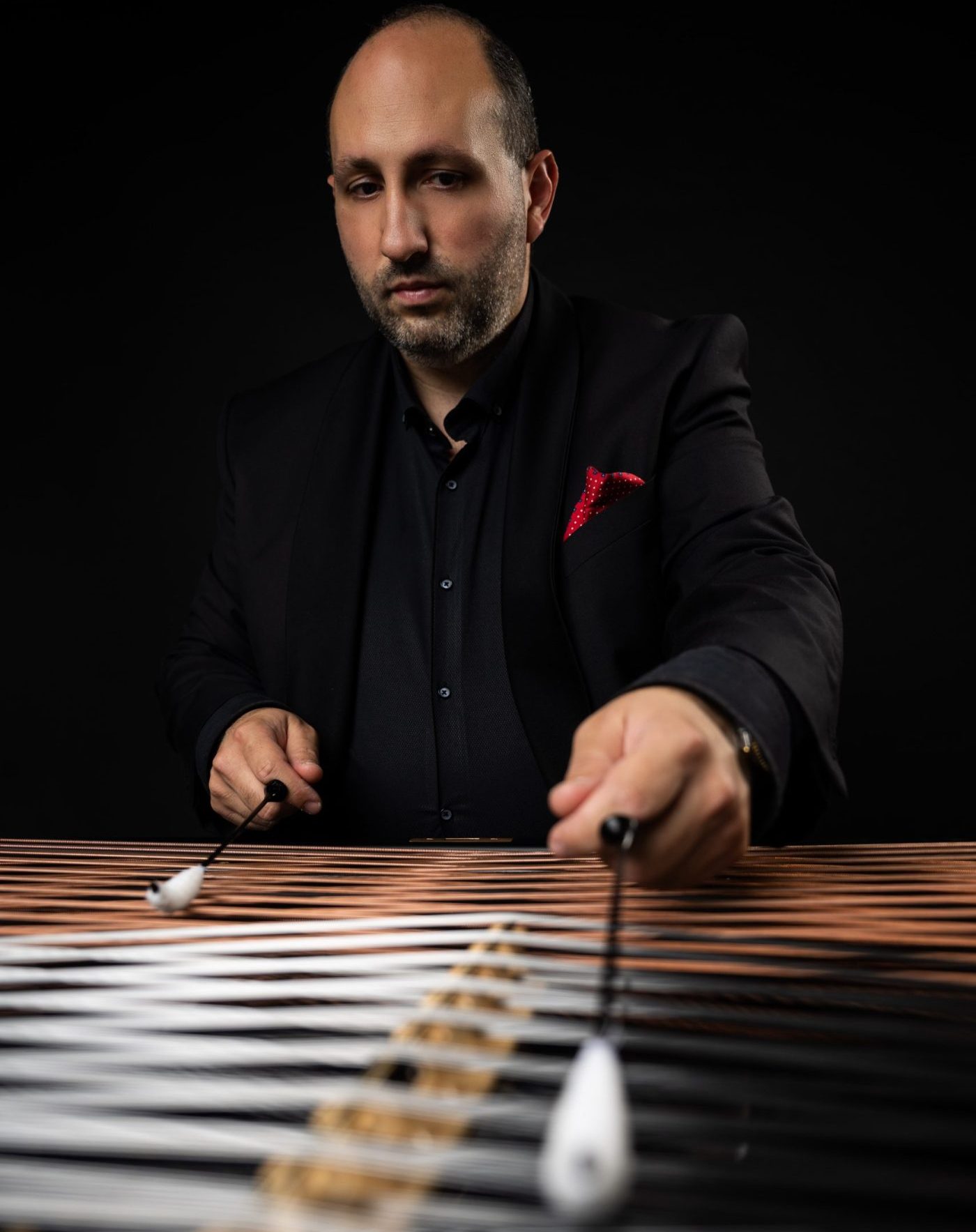
Principal in Person with Shelly Park School’s Ed Roper

How long have you been an educator, and where did you train?
I’ve been an educator for 20 years. Six of those were as a classroom teacher, four as a team leader, five as a deputy principal, and I’m now in my fifth year as a principal. I trained at Auckland College of Education on the Epsom Campus.
When did you become principal of Shelly Park School?
In October 2020. To be honest, I didn’t have a clear understanding of what a “typical” day as a principal looked like when I took over due to the challenges of Covid-19. This experience allowed me to learn more about my staff and community in a way I might not have otherwise. The past four years have flown by, and I feel privileged to be only the third principal of Shelly Park since its opening in 1979.
What’s the best thing about being an educator and principal?
There are countless great things. When a classroom teacher, I really enjoyed the bonds I formed with each of my classes. Spending six-seven hours a day with students for a whole year allows you to get to know them as individuals. Even today, I still run into many of my former students and love catching up on their lives. As a team leader, I gained my first experience leading others and managing a small group of teachers within a school. It was challenging but also rewarding to run my own class while providing guidance and support to others. This role allowed me to connect with more students and work with a variety of challenges and successes. When I became a deputy principal, I transitioned from a classroom teacher with some leadership responsibilities to a senior leader with a broader range of duties. I particularly enjoyed the opportunity to learn more about the operations of a school and gain a deeper understanding. I was fortunate to have a great mentor who allowed me to explore my passions and grow as a future principal. As a principal, I’ve come to appreciate the multifaceted nature of this job and the importance of flexibility and remaining calm. I’ve enjoyed getting to know my school community and understanding their aspirations for their children. I love being the leader of learning and recognise the immense responsibility that comes with it. Building a love of learning in all students who attend Shelly Park is a key priority, as I believe it makes learning easier.
What’s special about Shelly Park School?
Where do I begin? The staff, including teachers, support and administrative staff, teacher aides, and our property manager, are fantastic. They’re genuinely committed to our students’ success and strive to make a positive impact on their lives. We often say that our job is to nurture and develop great young humans, and we excel at that. We have a wonderful community that looks out for one another and welcomes new families. Before I came to Shelly Park, I was told the school has a country feel, even though it’s situated in an urban environment. I love seeing parents waiting for their students at the end of the day, filled with laughter and conversation. It’s a vibrant atmosphere. We strongly believe in encouraging students to participate in various activities. We offer swimming sports, athletics, cross-country, and triathlon days. All students participate, and it’s inspiring to watch them cheer each other on. One highlight is seeing senior students assist younger students in the pool, which demonstrates their strong sense of Tuākana-Teina. This year, we introduced a science lab and will be introducing an art specialist programme next year. All students participate in these and have fantastic experiences.
Is there anything you’d like improved in the education / school management sector?
When it comes to education, there are so many diverse opinions and perspectives that individuals would answer this question differently. It’s a significant challenge for schools when new concepts and mandates are introduced, especially when there’s a change in government. I’m not saying these mandates are bad, and to be honest the recent inclusion (I use this word inclusion for a reason as one size does not fit all) of a more structured approach to teaching will be great for our schools and students. However, it’s also important to know teachers do know what they’re doing. They build strong relationships with their students and parents and are really good at what they do. A national Ministry of Education not impacted by government change sounds like a pretty good idea to me.
How is the relationship between Shelly Park School and its immediate local community?
I believe our local community strongly supports our school. During Covid-19, the community’s support was invaluable, highlighting the importance of schools in challenging times. While there’s always room for improvement, finding ways to connect with families beyond fundraising is crucial. Hosting events like outdoor art evenings and school picnics has been effective in fostering community engagement. We also do a great job of making the school accessible to community groups and families outside of school hours.
Lower inflation is great news for Kiwis
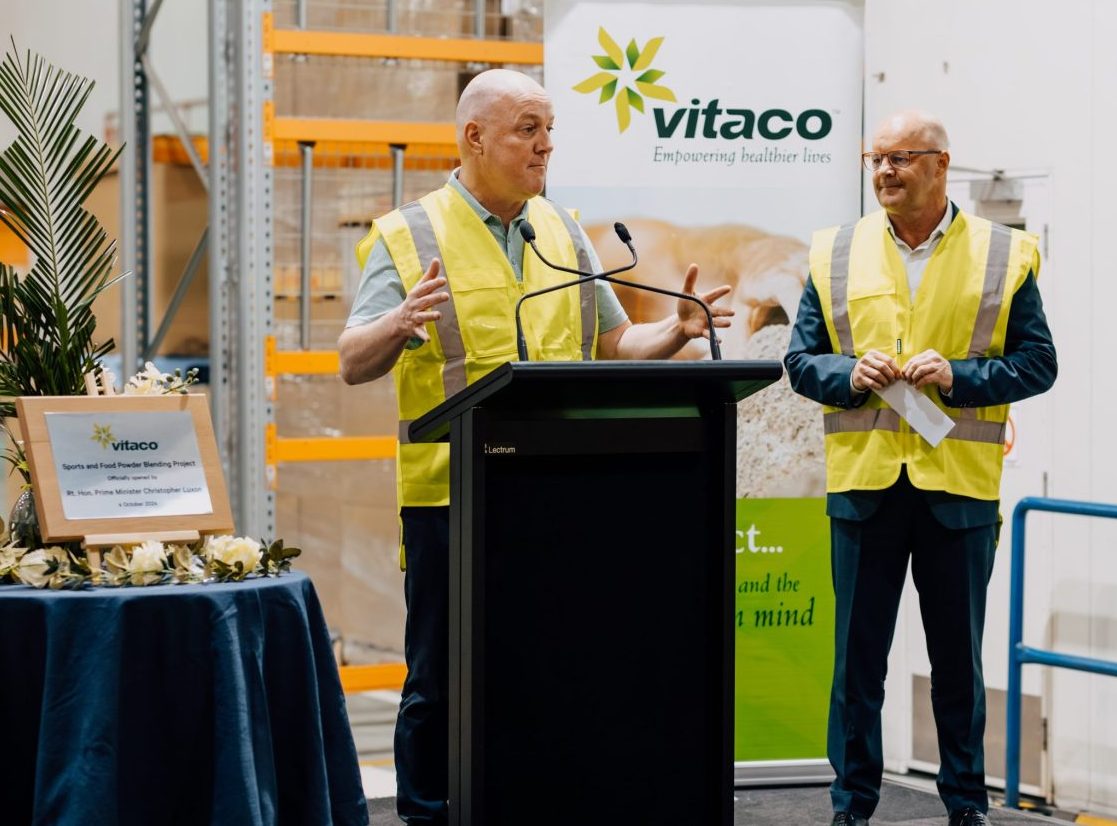
- By Christopher Luxon, Prime Minister and MP for Botany
Data out last week showing inflation has dropped from 3.3 per cent in the year to June, 2024, to 2.2 per cent in the year to September, 2024, is great news for New Zealanders, and another sign our economic plan is working.
That’s down from 5.6 per cent just a year ago and over 7 per cent in 2022.
It’s also the first time inflation has been back within the Reserve Bank’s target range of 1 to 3 per cent since March, 2021. This means the era of crushing price rises is now over.
Combined with two cuts to the official cash rate by the Reserve Bank, Kiwis can now look forward to mortgage rate cuts, and businesses will find it easier to invest and innovate with lower borrowing costs.
Our Government is laser-focused on getting our economy growing so you and your family can get ahead.
We’ve worked hard to stop wasteful Government spending and get rid of the thicket of red and green tape that stifles investment in the economy.
Business confidence is also at its highest level in 10 years, which shows businesses believe our economy is turning the corner.
As you know, we’ve delivered income tax relief for hard working New Zealanders for the first time in 14 years and, combined with FamilyBoost childcare payments and falling inflation, many families are seeing their cost of living move in the right direction.
If you’re eligible and haven’t yet registered for FamilyBoost, please do so by visiting the Inland Revenue website.
There’s more work to be done to keep the economy moving but Kiwis can be confident we’re on the right track.




